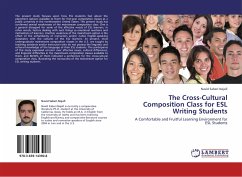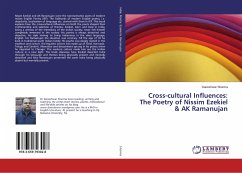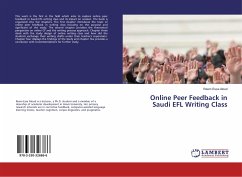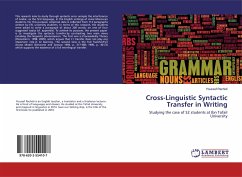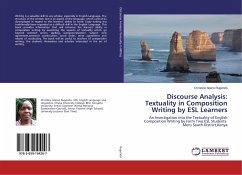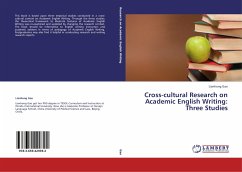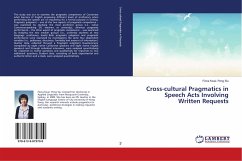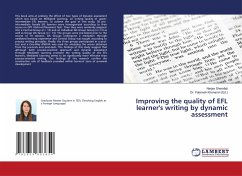The present study focuses upon how ESL students feel about the placement options available to them for first-year composition classes at a public university in the northwestern United States. The present study has confirmed several weaknesses of the mainstream composition class. One is a general disregard for some of the affective needs of ESL learners, in other words, factors dealing with such things as emotional reactions and motivations of learners. Another weakness of the mainstream option is the effect of the unfamiliarity of instructors and/or native English-speaking classmates with the cultures of the ESL learners. At present, most undergraduate mainstream composition classes in the U.S. are taught by teaching assistants and/or instructors who do not possess the linguistic and cultural knowledge of the language of their ESL students. The participants of this study expressed concern over affective issues, cultural differences, and linguistic difficulties in the mainstream composition classes available to them, and 80.94% of them indicated a preference for the cross-cultural composition class, illustrating the nonsuccess of the mainstream option for ESL writing students.
Bitte wählen Sie Ihr Anliegen aus.
Rechnungen
Retourenschein anfordern
Bestellstatus
Storno

